On Thursday, December 14, Massachusetts Attorney General Andrea Campbell visited the Andrea McCoy Recreation Center in New Bedford to host a Youth Voice Empowerment meeting. The event was a collaboration between the attorney general’s Community Engagement Division, New Bedford’s Parks Department, and the New Bedford Mayor’s Youth Council.
“We partnered with the attorney general’s office to bring awareness to the things that we, as teenagers and young adults, see as issues that we can bring up to her and her people,” Youth Council Member Emma Gibney explained. “We wanted to talk about what we think is important for [the attorney general’s office] and how to combat those issues within the Commonwealth of Massachusetts.”
Attorney General Campbell served as an education rights lawyer, Governor Deval Patrick’s deputy legal counsel, and a Boston City Councilor for District 4. She graduated from Boston Latin School, Princeton University, and the UCLA School of Law. However, she started her opening remarks by shedding light on the difficult journey behind her accomplishments.
When Campbell was eight months old, her mother died in a car crash driving to visit her father in prison. Campbell met her father for the first time when she was eight years old after he was released from prison. As she moved between foster care and relatives’ houses, her two brothers got caught in a cycle of recidivism, and her twin brother died in custody as a pre-trial detainee. Campbell holds inadequate prison healthcare responsible for her brother’s passing.
“I show up to communities and make sure, under my leadership, people don’t get left out or left behind,” Campbell told her audience of high schoolers. She included young people as a left behind group, who are “not always talked about in a good light.” Among the attorney general’s priorities are mental health services, social media’s effects on teenagers, and enforcing youth labor rights. To accomplish those goals, “we recognized we have to actually engage with young people,” Campbell said. “We want to be working on things that actually matter to you.”
Campbell also visited Fall River recently, hoping the Youth Voice Empowerment meetings will culminate in the creation of a Youth Advisory Council out of the attorney general’s New Bedford offices.
The audience split into groups facilitated by Youth Council Members. Campbell’s legion of staffers from her New Bedford and Boston offices spread out to take notes on the conversations. In my group, mental health dominated the conversation. New Bedford students discussed how there aren’t enough counselors to support all the students who need help – and there’s a stigma around getting help in the first place. They mentioned that the Self Help Tour’s Kaleb Joseph, who spoke at Dartmouth High, gave a presentation at NBHS that encouraged students to be vulnerable about mental health in front of their peers.
My group pointed to overachiever culture as another source of youth mental health struggles. “At homeroom in the [Academy of] Honors program, we’re always like, ‘What’s your GPA?’ ‘What’s your class rank?’” NBHS senior Carter Barbosa said. Barbosa serves as the hospitality chair for the Mayor’s Youth Council, as well as member of the Council’s executive committee. Gibney added, “We don’t even ask each other. It just comes out. That’s what we talk about.”
Barbosa believes overachiever culture is prevalent in New Bedford because students want to beat the city’s “bad reputation.” In particular, he said, overachiever culture hits athletes and Academy of Honors students the hardest. The Academy of Honors comprises New Bedford students in higher learning and Advanced Placement courses. Our group concluded that many students pursue certain classes or extracurriculars because they look good on a college transcript, not because they’re passionate about them. Taking on too much can lead to burnout from relentless pressure. “We’re going crazy,” Barbosa said.
Our group briefly touched on the environment and school safety, but food security was the other topic of focus. Lana, a junior, worked at the Salvation Army over the summer, and realized how deep the issue runs throughout her community. She talked about the stigma around students who are eligible for free and reduced lunch; it’s hard for them to hide that they’re grabbing a free lunch, especially on half days when to-go boxes are right by the front doors. She knows that resource centers for hungry families exist, but they need to be better promoted, while there needs to be a conscious effort to provide free and reduced students with anonymity.
The groups came back together after 45 minutes to report on their conversations. Every group mentioned mental health; one claimed that young people’s mental health is seen as less important compared to adults, as adults’ struggles are “real” while teenagers’ undeveloped brains are manipulated by hormones. Groups also called attention to public transit reform, youth homelessness, violence and drug use in schools, and the general spread of negative mindsets across schools rather than positivity.
Campbell ended the night by addressing overachiever culture, which she faced firsthand at Boston Latin. “I remember getting a B- in an AP and believing it was the end of the world,” she recalled. “My father asked, ‘Did you learn something?’ ‘Yeah,’ I said. And he said, ‘That’s all that matters.’”
“Be yourself, be happy, go after the things that you love,” Campbell said. “It’s a journey to find your purpose, but it definitely does not end at high school. Our job is to support you in finding your purpose.”


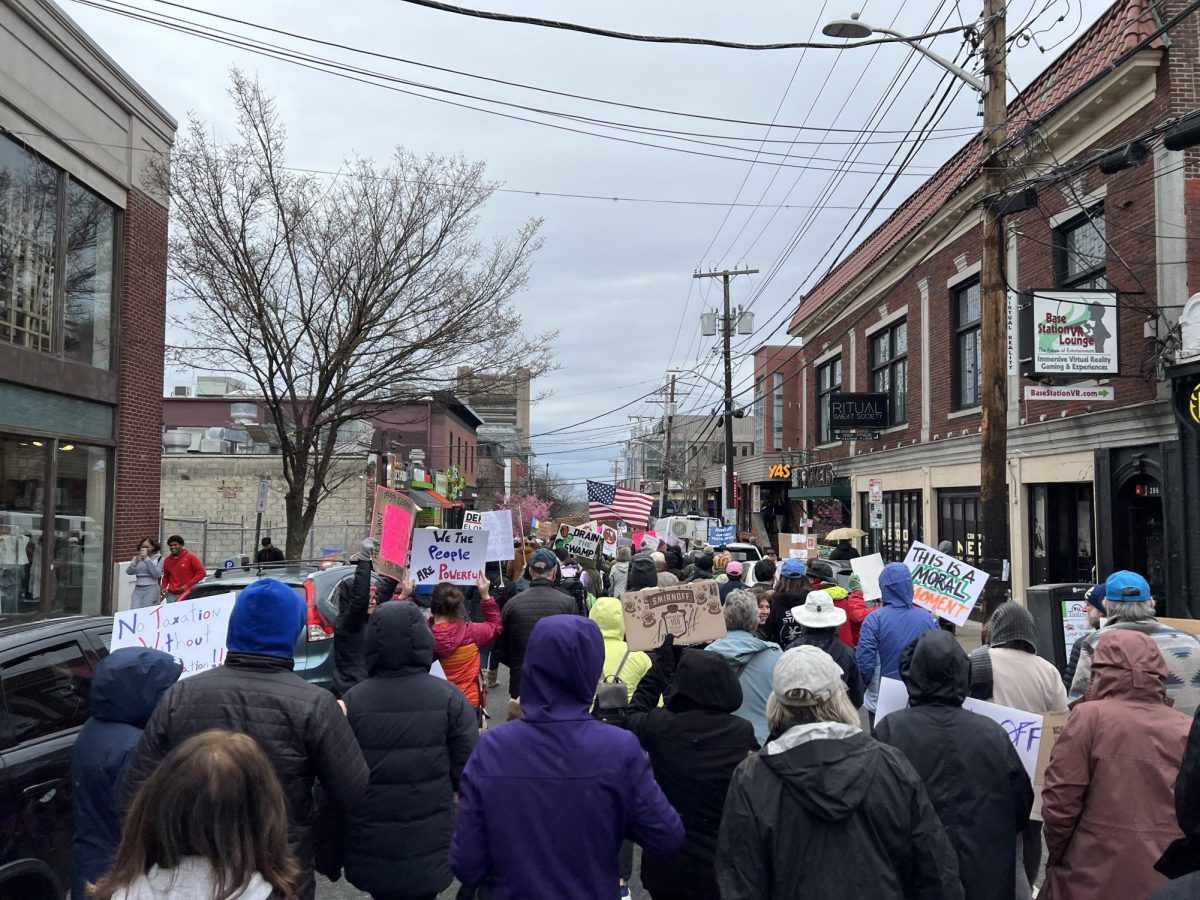
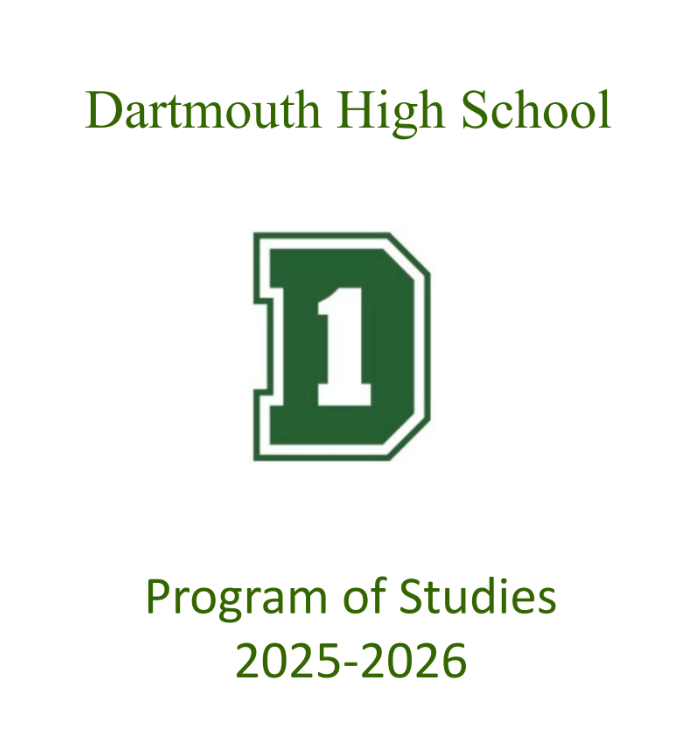
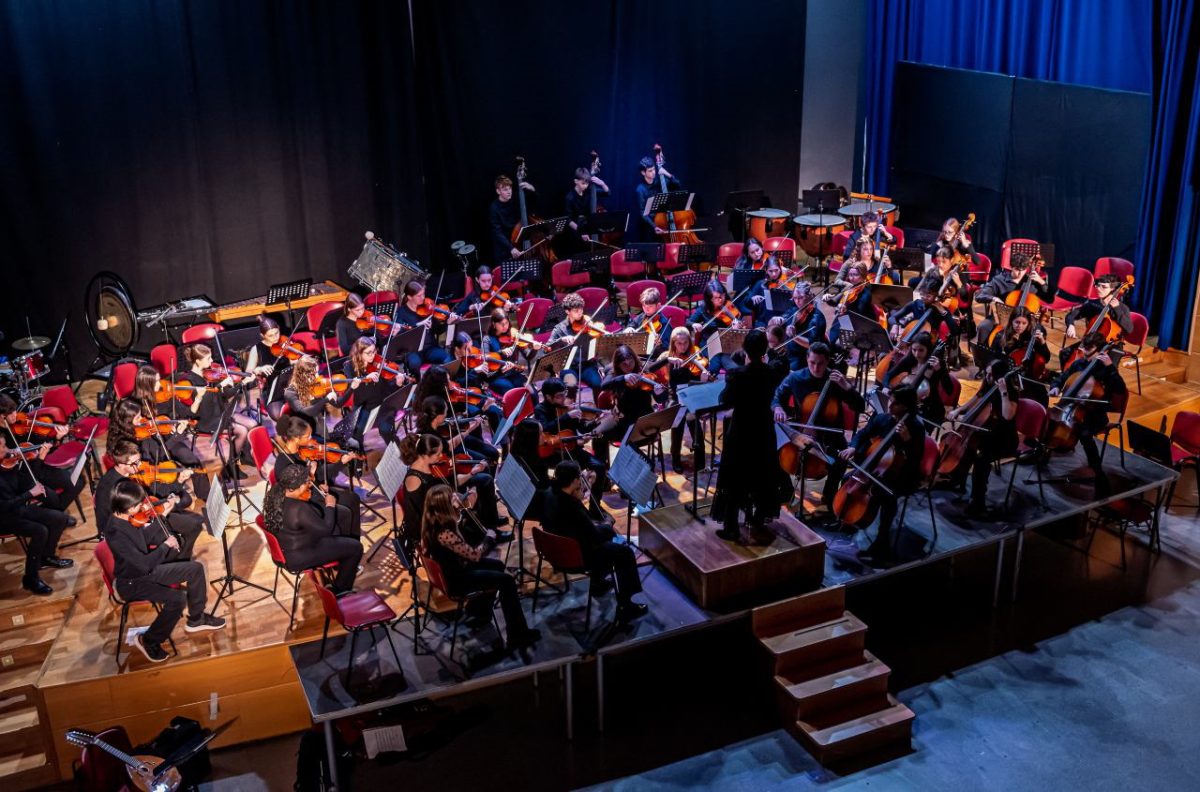
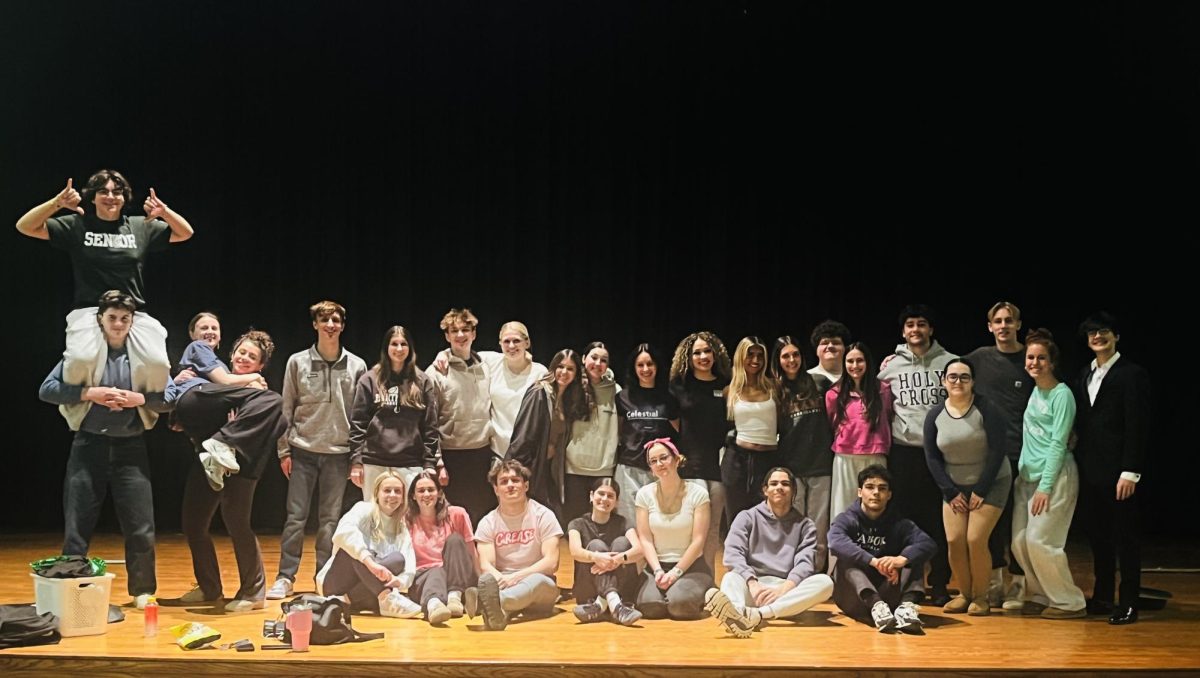
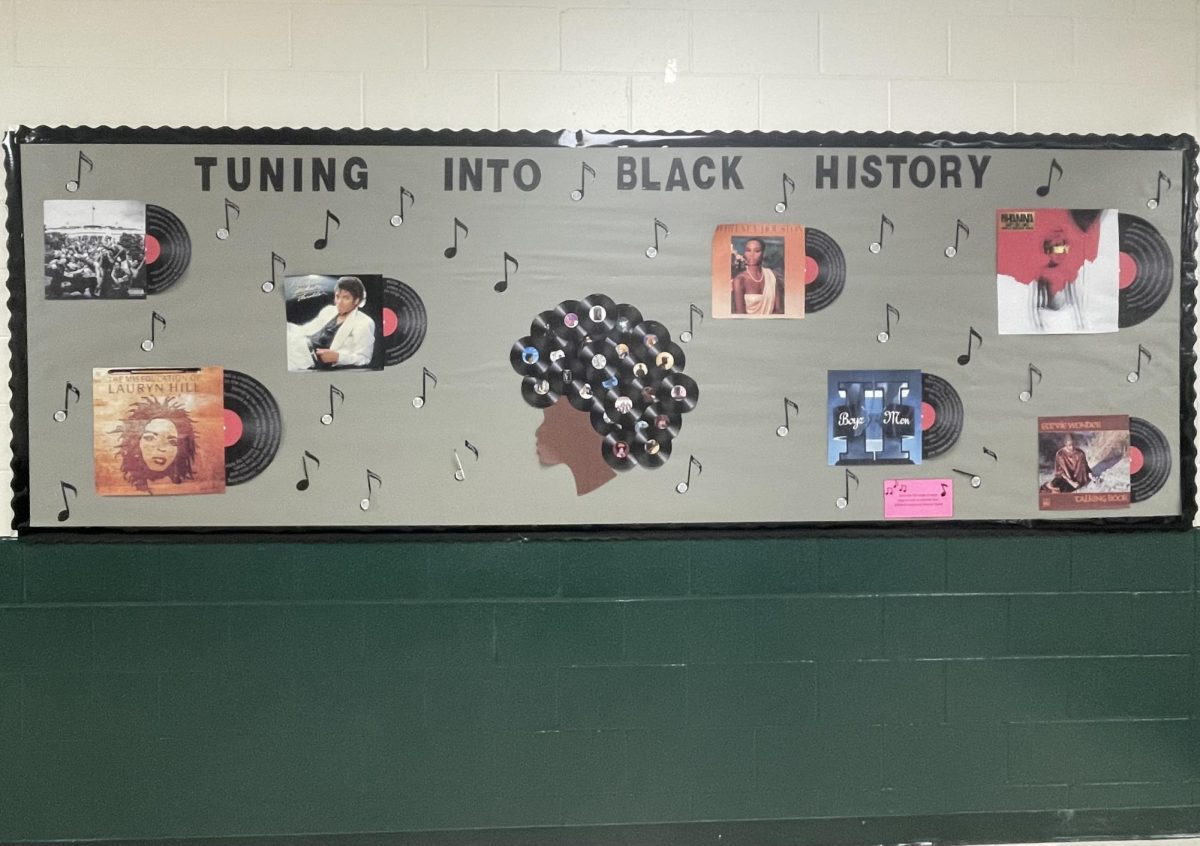
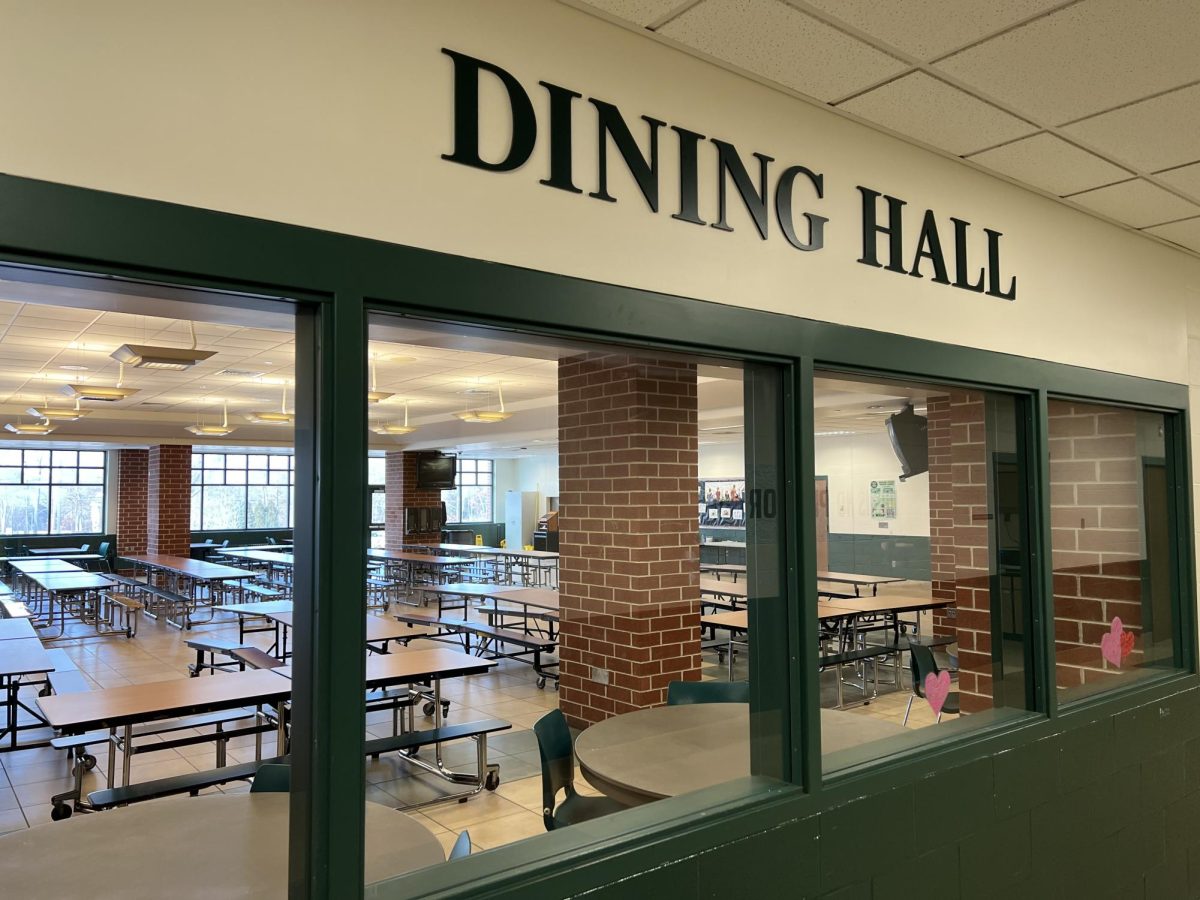
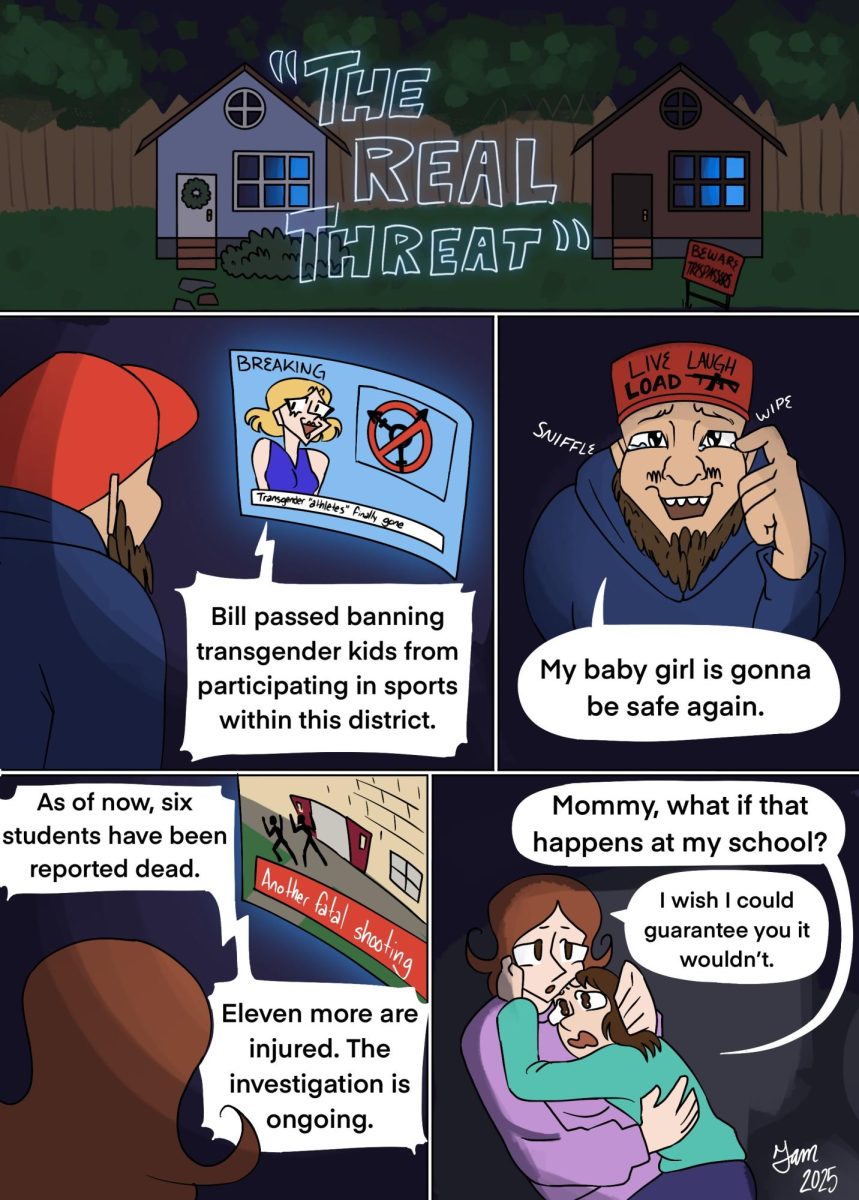

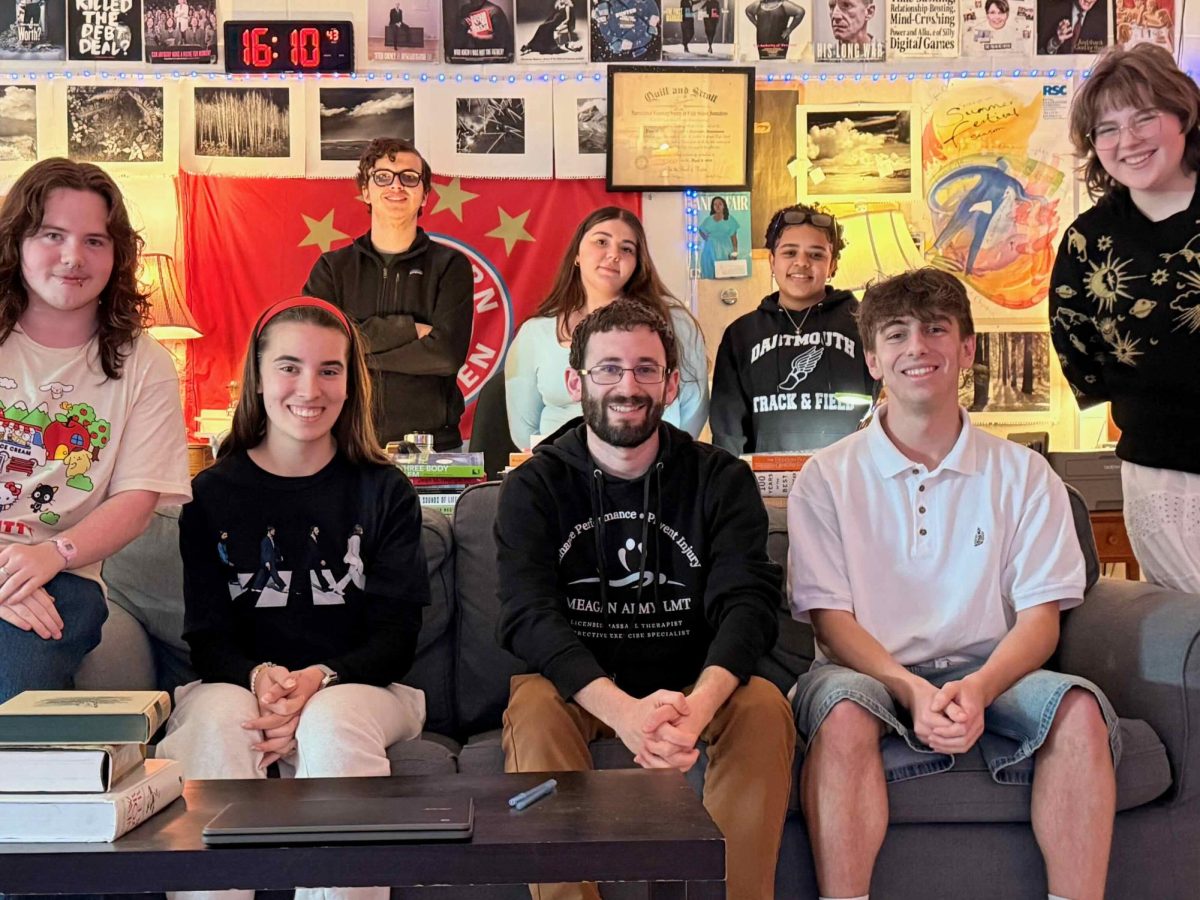
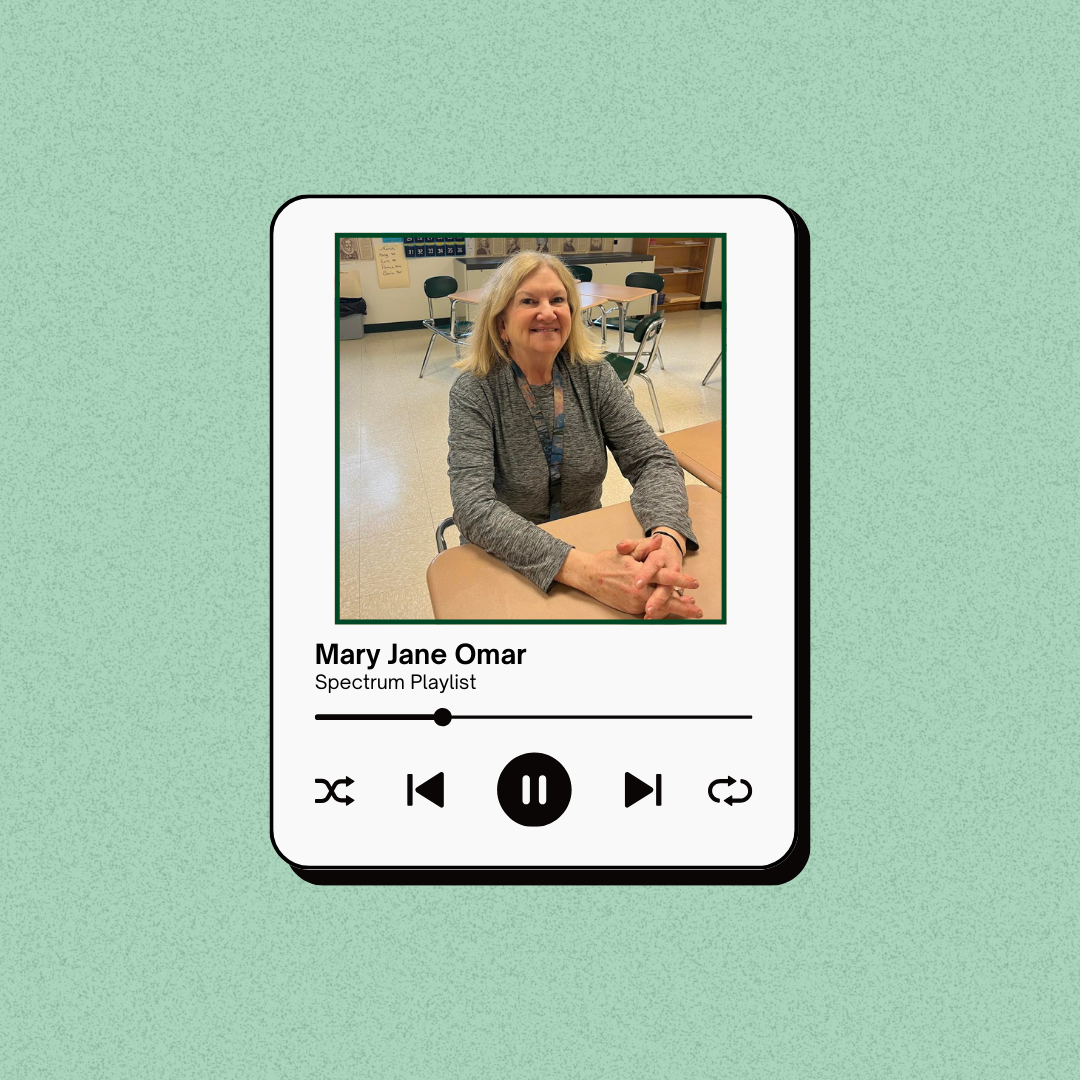
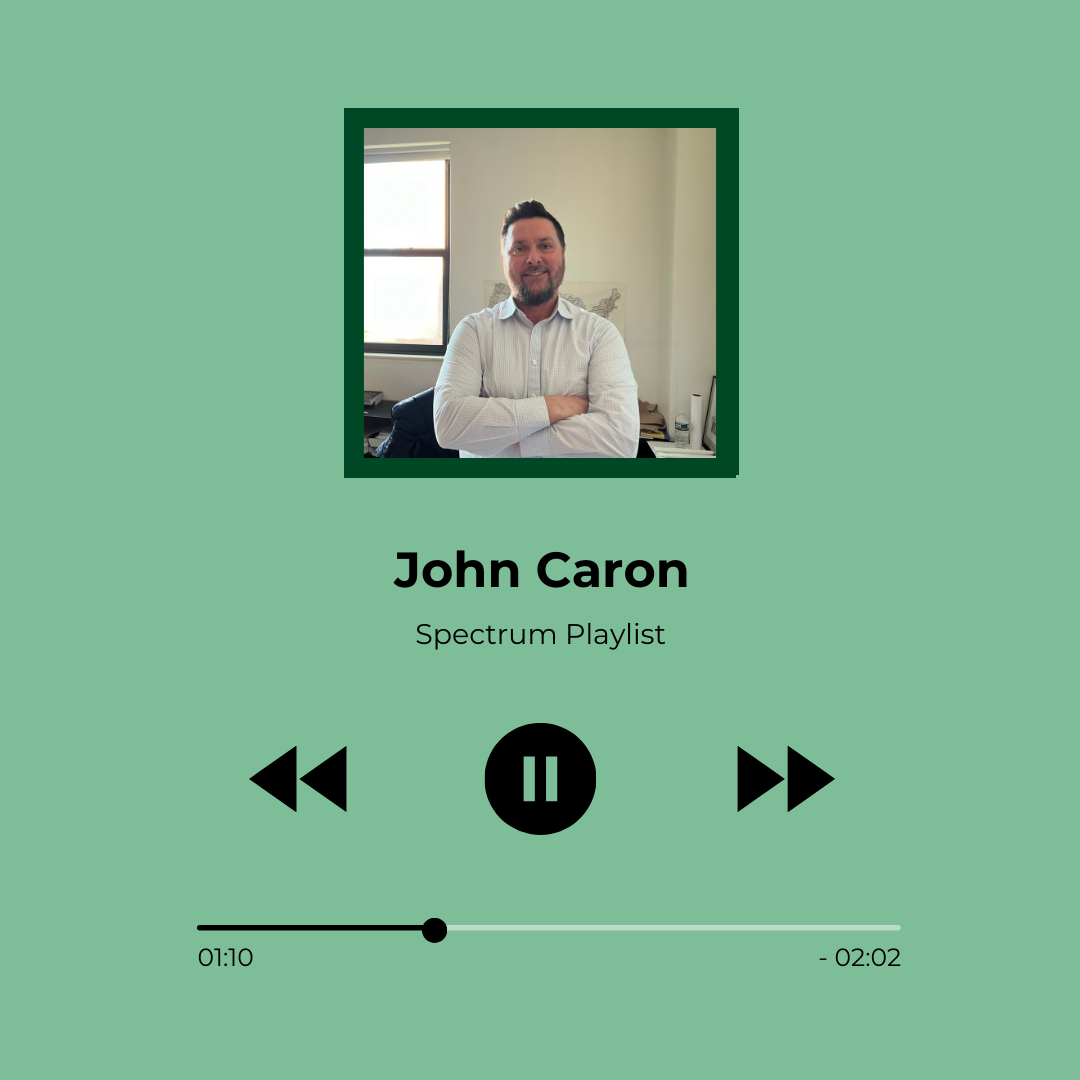
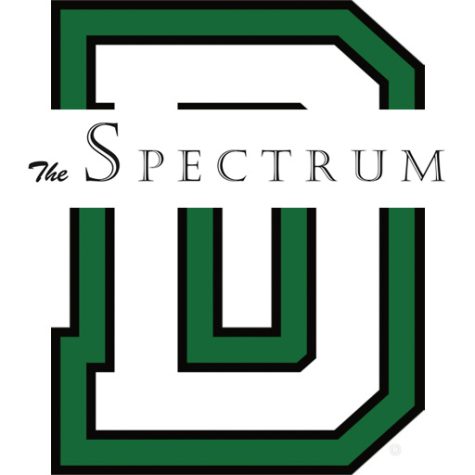

Juraci • Dec 20, 2023 at 2:21 pm
Great job on the article. Thank you for attending.
Juraci Capataz
Community Engagement Coordinator
Office of the Attorney General